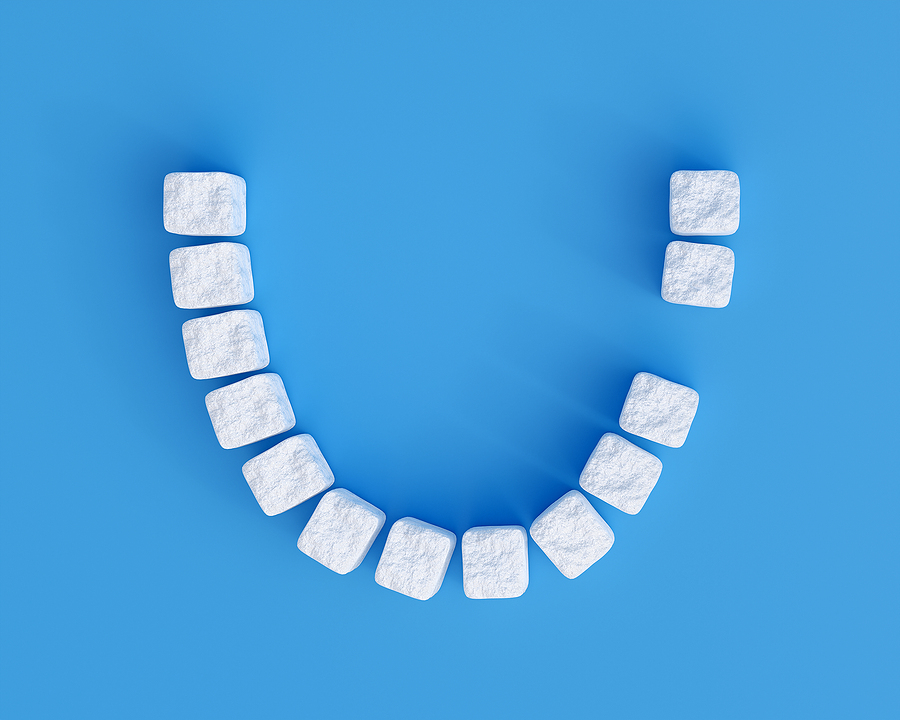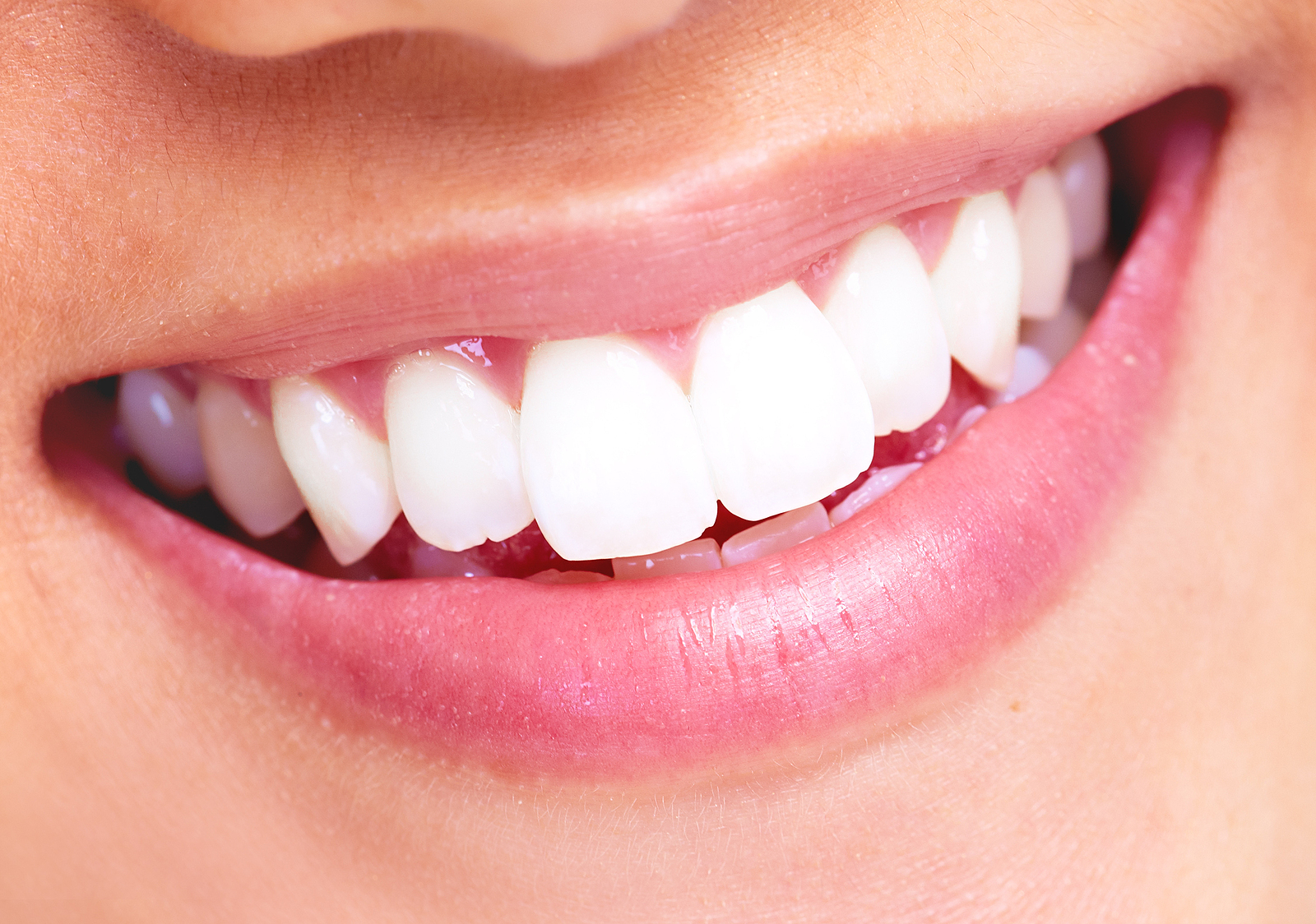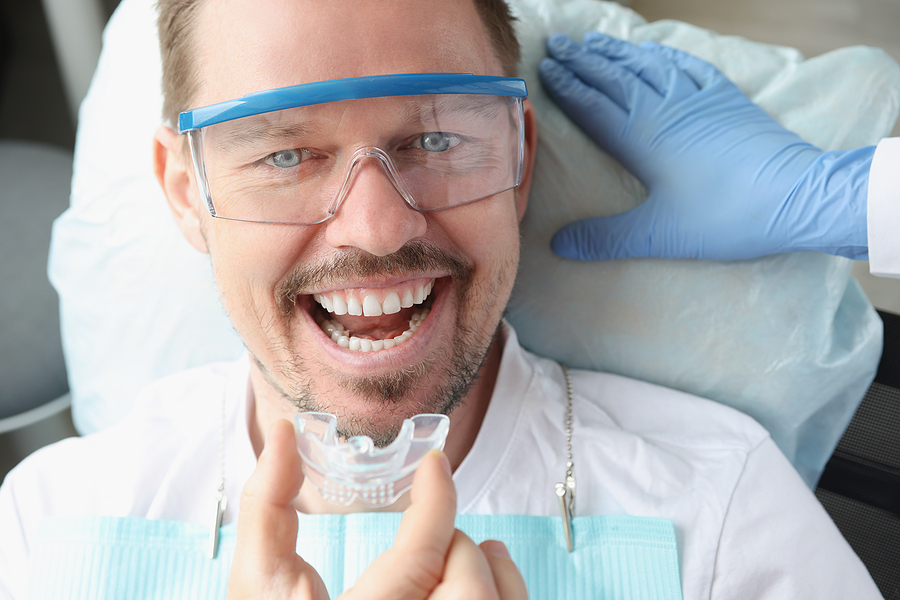How Medicine And Oral Health Intersect
Posted by Paige Lester on Sep 9 2020, 01:07 AM
Medicine is a boon to mankind. But it causes several side effects on our bodies. It has negative impacts on our oral health too.
How do medicines affect oral health?
Patients may need to take medication for the rest of their lives, which can impact the health of their teeth and gums. Medications for illnesses or chronic conditions can directly impact the gums by causing inflammation, which is a strong factor in gum disease development. Some medications also reduce saliva production, leading to dry mouth, a common cause of tooth decay. People who take these medications should talk to their dentist about how they can maintain their oral health while on these medications.
Other medications can cause problems indirectly. People with diseases such as diabetes may have to take multiple types of medication to control their symptoms. These diseases can also affect the health of the mouth directly by increasing the risk of gum disease or causing dry mouth complications. When patients are taking many medications at once, they may have trouble keeping track of how they could affect one another. Dentists can help patients determine the best way to manage their medications and their oral health care routine.
Patients should always tell dentists about all medications they are taking before receiving treatment so the dentist can determine how those medications might affect their dental health. In some cases, a dentist may recommend changes to a patient’s prescription to reduce the impact the medication could have on their oral health.
Medication side effects
Medications can have a direct impact on your oral health, but some medications can also indirectly impact oral health if they are making your mouth more susceptible to bacteria or changing your body’s pH balance. Here are some common medications and their oral impacts.
- Antihistamines – These medications can cause dry mouth, which can promote tooth decay and gum disease. It can also cause soft tissue inflammation if used for prolonged periods of time.
- Anti-anxiety medication – Some anti-anxiety drugs can dry out the mouth and cause soft tissue irritation.
- Blood pressure medication – Some blood pressure medications have dry mouth as a side effect that can increase the risk of cavities and gum disease.
- Decongestants – Nasal decongestant sprays can make your mouth dry and increase the risk of thrush. Other nasal sprays, such as Afrin, can have a similar effect.
- Statin medication – This category of medication is used to treat high cholesterol and high blood pressure. It can decrease saliva production, which can lead to an increased risk of tooth decay.
- ACE inhibitors – This type of medication is used to lower blood pressure. It has both direct and indirect impacts on oral health by causing increased blood sugar levels as well as increasing plaque buildup.
- Steroids – Steroid medications are used to treat a variety of conditions, including autoimmune disorders and asthma. They can increase the risk of dry mouth and cause tooth discoloration.
- Hormonal birth control - Birth control pills can make your gums more sensitive, so you may experience sensitivity or heightened pain during dental procedures like cleanings.
Call us or schedule an appointment online to learn more.



